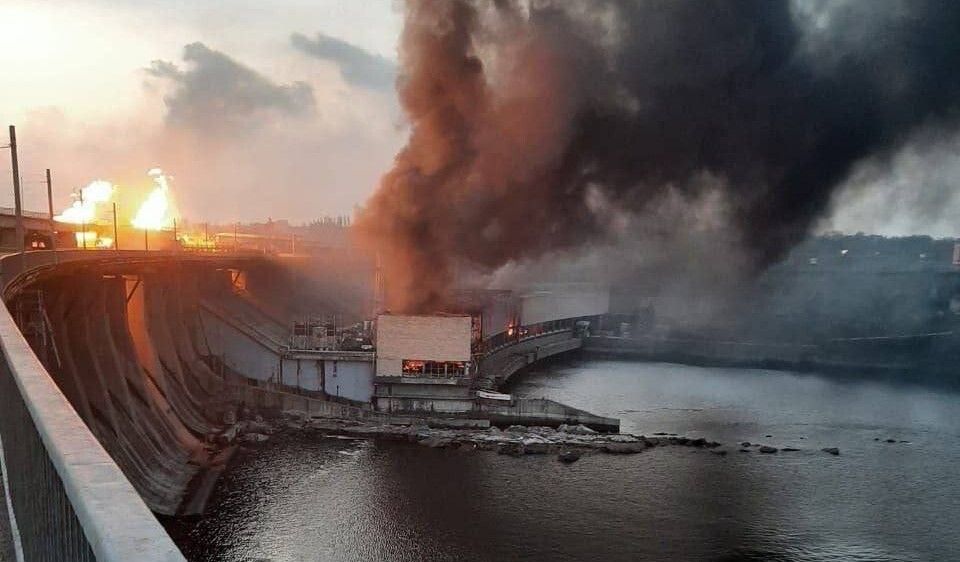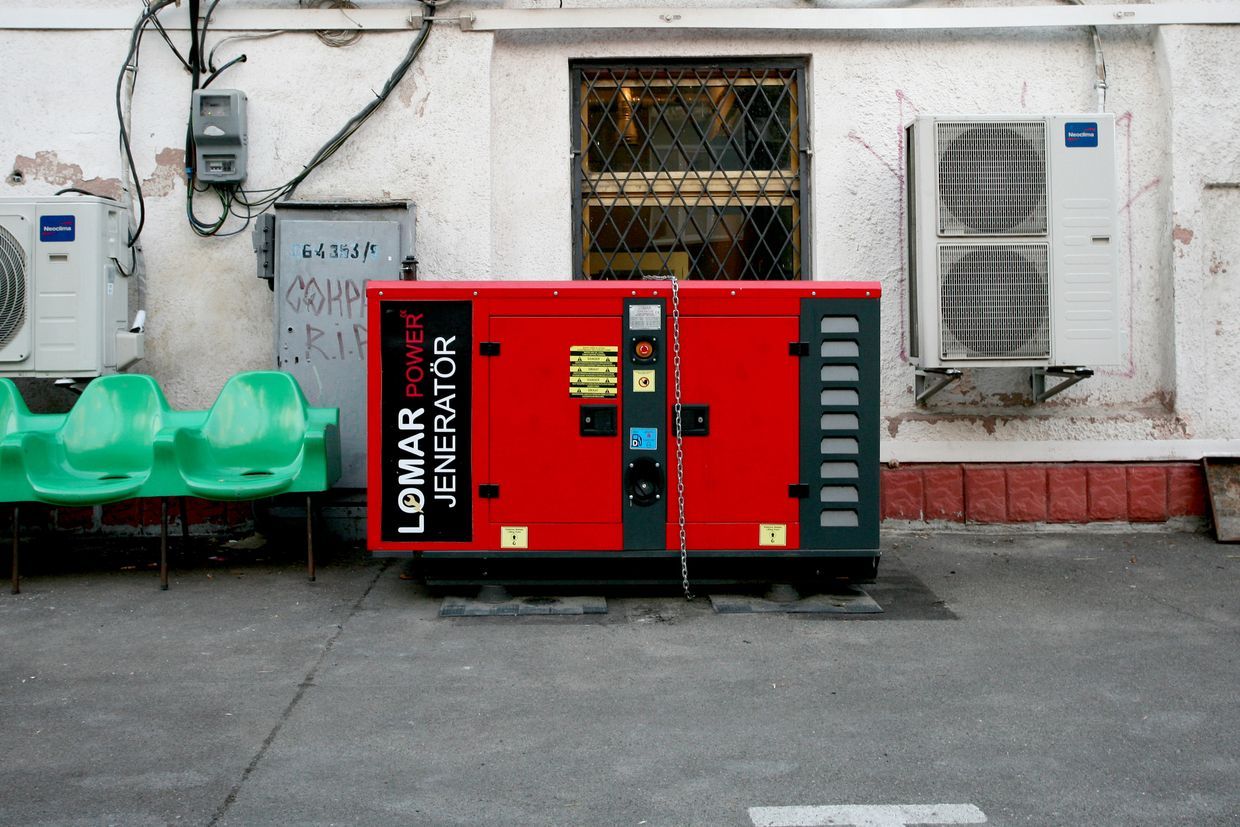The U.S. has donated emergency equipment, vehicles, and over 100 generators to multiple regions of Ukraine, through USAID.
"As Russia continues its brutal attacks against Ukraine’s energy infrastructure, USAID is providing 109 generators, 19 heat and power cogeneration units, and 13 emergency vehicles to keep services online,” said U.S. Ambassador to Ukraine Bridget Brink.
The cities receiving this aid include Dnipro, Vinnytsia, Ivano-Frankivsk, Lviv, Cherkasy, and Chernivtsi.
In February, USAID expressed concern about potential disruptions to its activities in Ukraine due to ongoing delays by U.S. Congress in passing a foreign aid bill. U.S. aid to Ukraine has been delayed since fall 2023, as various versions of a foreign aid bill have been derailed due to border security disagreements.
The USAID assistance comes at a critical time, as Ukraine’s power grid has continuously come under attack in recent weeks due to Russian strikes.
"Due to shelling, DTEK (Ukraine's largest private energy company) lost half of its generating capacity on Friday (March 22), which, unfortunately, cannot be quickly restored," DTEK's spokesperson Pavlo Bilodid told the Kyiv Independent.
Ukraine’s largest hydroelectric station, Zaporizhzhia's Dnipro Hydroelectric Power Plant, was hit as well. Millions of citizens have experienced power outages as a result of these attacks.














